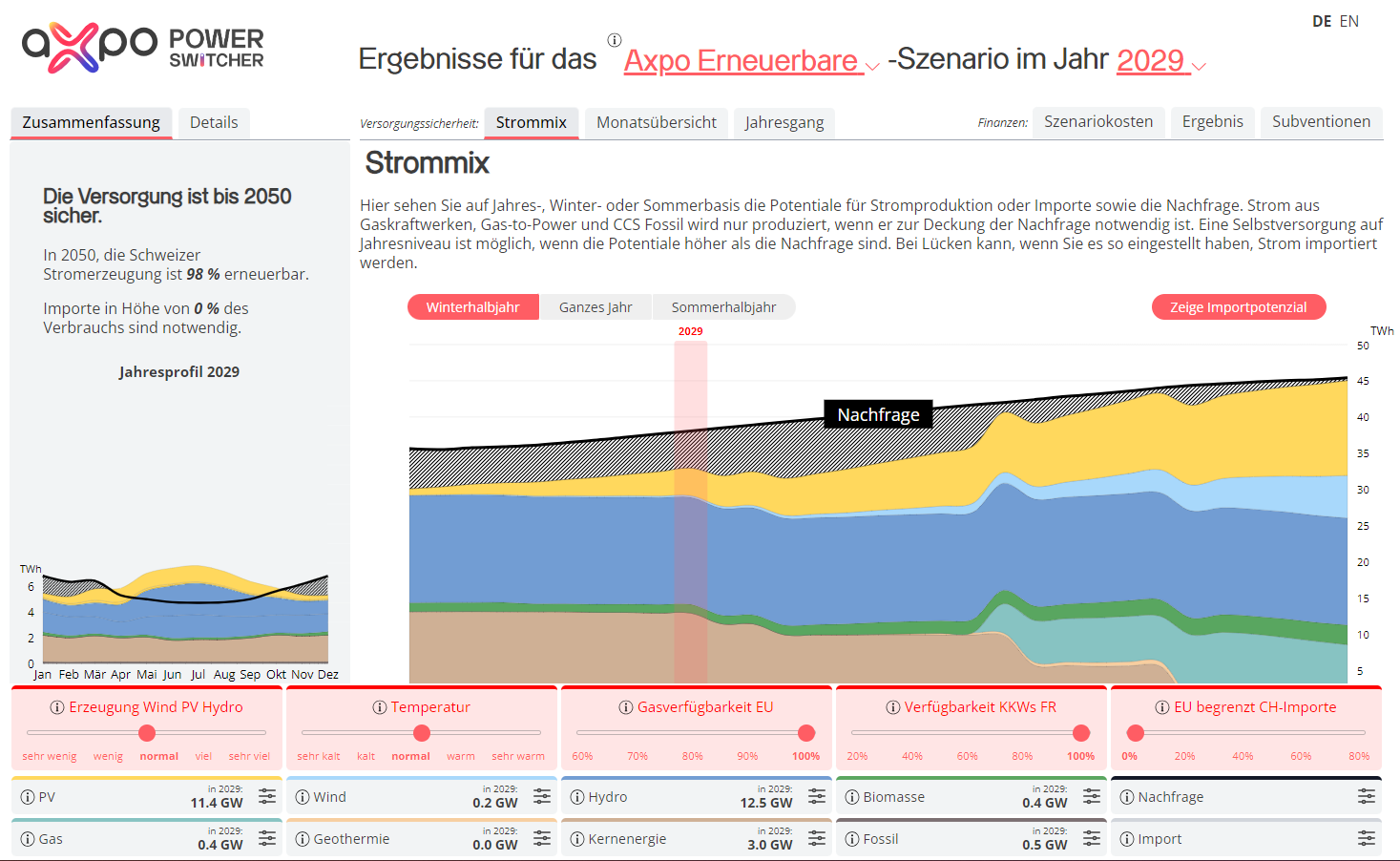08.07.2025 | European Energy Markets Monthly, July 2025
Heatwaves and geopolitics shape European energy picture
Unusually high temperatures marked the beginning of summer in Europe, spilling over into energy markets and setting the stage for a challenging season. Driven by elevated demand for cooling, power consumption surged across much of the continent, particularly in countries like Italy and Spain. On the supply side, rising river temperatures in France forced EDF to curtail output or issue warnings of potential restrictions at nuclear reactors dependent on the Garonne and Rhône rivers for cooling. This contributed to upward pressure on power prices. Adding to these challenges, escalating geopolitical tensions in the Middle East, specifically between Israel and Iran, followed by US intervention triggered a sharp increase in the geopolitical risk premium across several energy commodities. This added further momentum to already elevated power prices in Europe, but de-escalation at the end of the month did help unwind some of those earlier gains.
On the gas front, prices remained high and rose steadily throughout the first half of the month, propelling European LNG imports to their highest level ever recorded in June. Temporarily, escalating tensions in the Middle East pushed gas prices even higher, as concerns over a potential disruption in Qatari LNG exports threatened to tighten global supply and intensify competition for US LNG cargoes. Towards the end of the month, the prevailing de-escalation in the region and the absence of LNG supply disruptions supported robust stock-building, pushing European gas storages from 49% at the beginning of June to 59% full early last week. Meanwhile, the EU Council and Parliament reached a provisional agreement aimed at reducing the cost of refilling gas storage during the summer by introducing greater flexibility around storage targets. Under the revised terms, storage facilities must be filled to 90% of capacity between 1 October and 1 December, extending the original 1 November deadline, while member states may deviate from the target by up to 10 percentage points in the event of difficult market conditions.
Meanwhile, coal prices increased more sharply than gas prices, making fuel switching less economical and curbing the short-lived bullish momentum in European carbon prices. This upward trend was further limited by Europe’s bleak macroeconomic outlook, with the latest data showing a 1.8% monthly decline in industrial production and only a modest rebound in power consumption during the first half of the year. Energy-intensive sectors have been particularly affected, as ongoing tariffs and broader macroeconomic uncertainty continue to suppress industrial demand. Against this background, the European Commission has adopted a temporary state-aid framework, allowing member states to subsidise up to 50% of electricity cost for energy-intensive industries, capped at three years and ending in 2030, with the aim of discouraging industry relocation. In addition, the Commission recommended a 90% reduction in the EU’s net GHG emissions by 2040, compared with 1990 levels, a development with limited impact on the near-term fundamentals of the European carbon market.
Looking ahead, ongoing developments in global trade negotiations continue to attract significant attention across markets. The White House has extended the deadline for implementing ‘reciprocal’ tariffs, targeting approximately 180 trading partners, from 9th of July to 1st of August. In addition, formal notices have been issued to Japan and South Korea, two of the United States’ largest trading counterparts, indicating that 25 percent tariffs will be imposed beginning 1st of August.
Disclaimer
This document is for information purposes only. None of the statements and notes constitutes a solicitation, an offer or a recommendation for conducting any transactions. No warranty, either expressed or implied, is given for the information contained in this document. Actions based on this document made therein are the responsibility of those who undertake them. All liability for damages, which may result directly or indirectly from the use of this document, is disclaimed.
The accuracy, completeness or relevance of the information which has been drawn from external sources is not guaranteed although it is drawn from sources reasonably believed to be reliable. Estimates regarding future developments and other forward looking statements regarding commodities and therewith connected derivatives mentioned in this document may be based on assumptions that may not be realized. Axpo reserves the right to change the views reflected in the document without notice and to issue other reports that are inconsistent and reach different conclusions from the information presented in this document.




.jpg)





